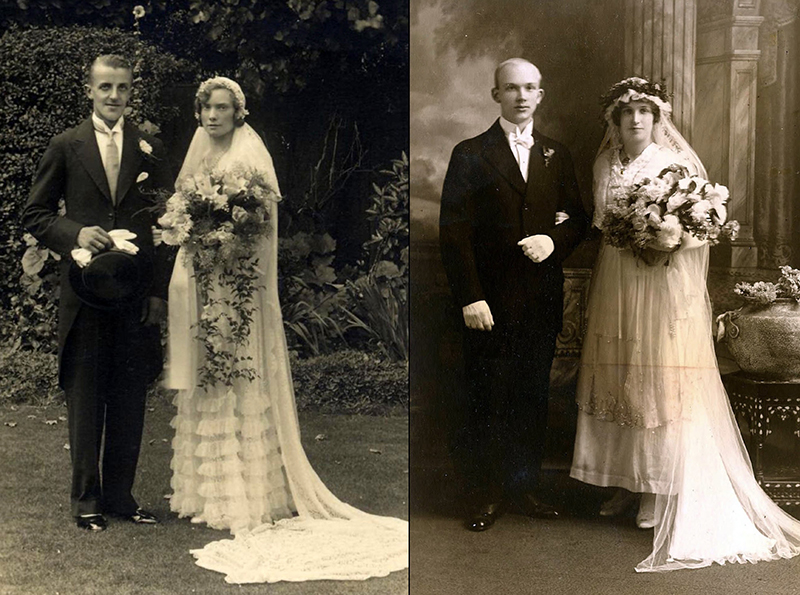
The first cliché that jumps to mind is that belonging is synonymous with marriage. Belonging is ripe with clichés. Comfort is one of the traits of belonging.
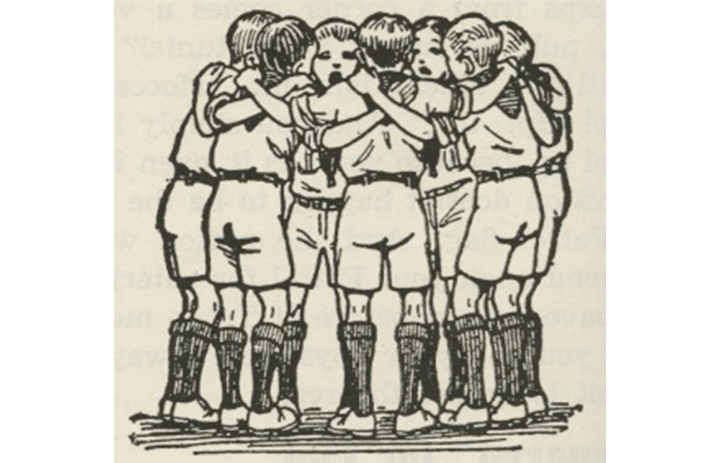
We all belong to something, say the human race and races. We belong to people, places, nations, parties, cliques, cults, clubs, religions, and of course, more and more we belong to data-collectors and their algorithms designed to capture and control our hearts and minds, including consumer demographics.
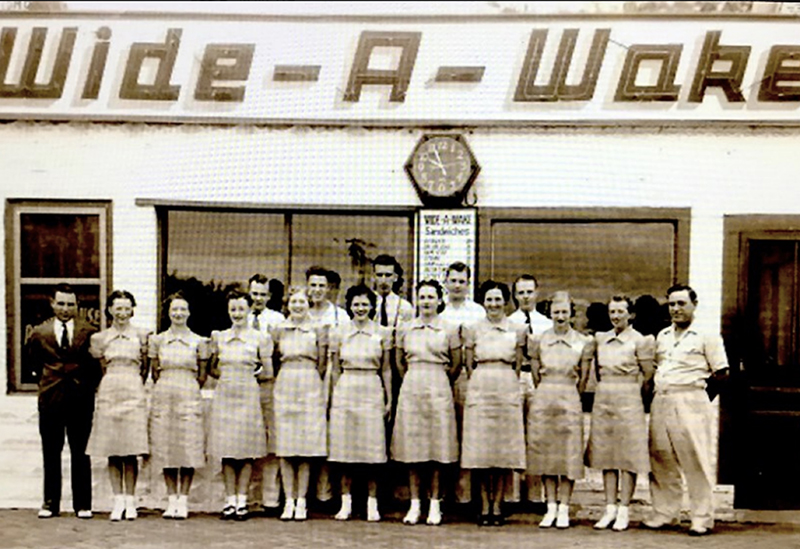
Belonging is not without its disconcerting side. Belonging is a tool — often a weapon — of mass persuasion. Belonging implies property, which suggests ownership, which infers hierarchy, from which derives inequality. Don’t get me wrong, there’s nothing wrong with ownership except when it is used to dictate to others. In feudal society the indentured peasantry belonged to their landowning lords. Even in our capitalist-democracy, employees essentially belong to their employers, who pay their wages in return for their time and labor.
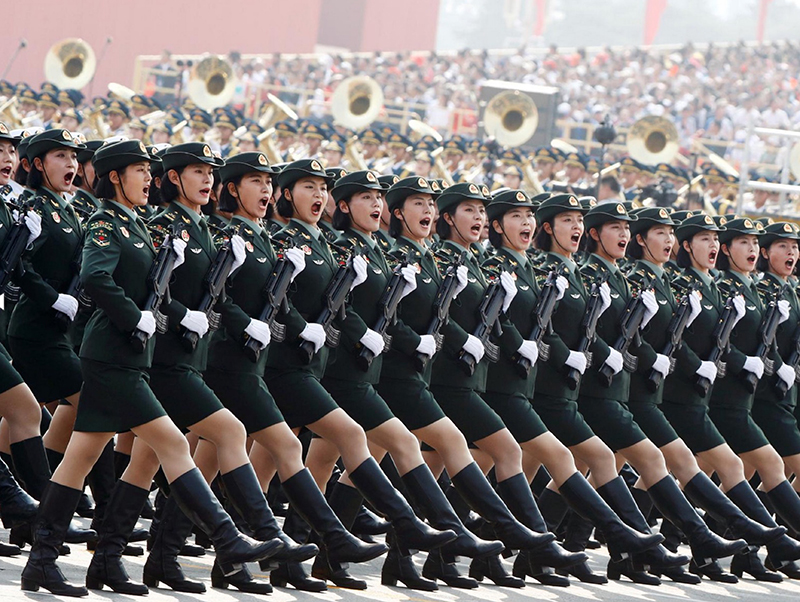
Belonging to any nations’ military demands obedience to the nation, flag, and the chain of command. Belonging involves maintaining protocols and discipline.
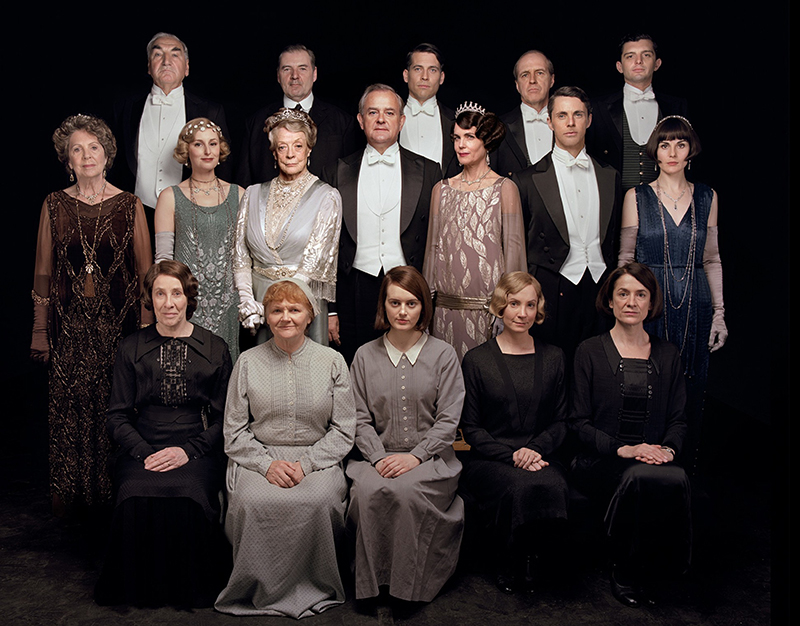
Here is a vivid example: These actors belong to the Downton Abbey TV cast, which is a fiction about belonging to a real antiquated caste system comprising a range belonging examples: inclusion and exclusion, equality and inequality, loyalty and disloyalty, mastery and mastered.
Belonging means adherence to a social entity: A family, team or club. Not belonging leads to rejection, isolation, despair. Yet it can also be liberation. As Groucho Marx reportedly said “I would never belong to a club that would have me as member.”
Everybody has a belonging narrative. The following is a brief version of my own (I am sure it is like hundreds of others). . .
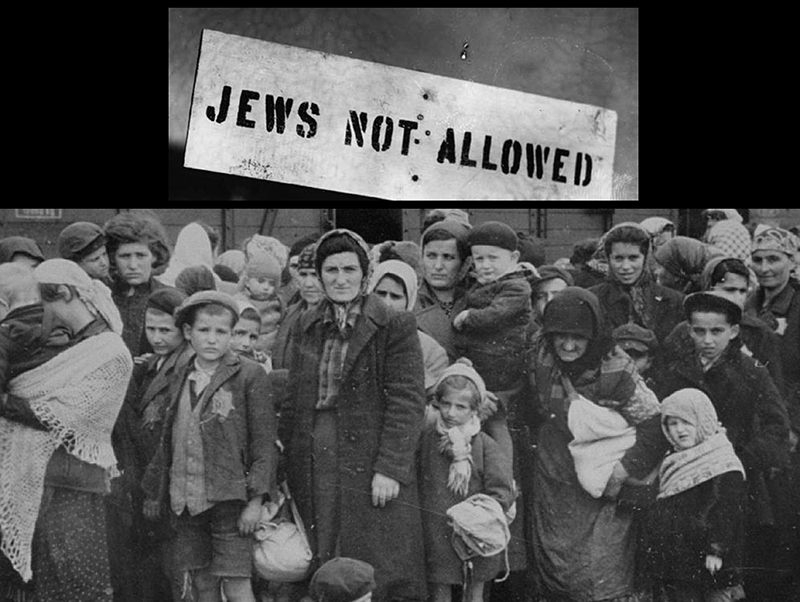
My two sets of European grandparents, owing to accidents of birth, religion, geography, language, were made to feel that they did not belong. Branded as aliens, their families were segregated into ghettos and prohibited from enjoying full membership in the dominant culture.
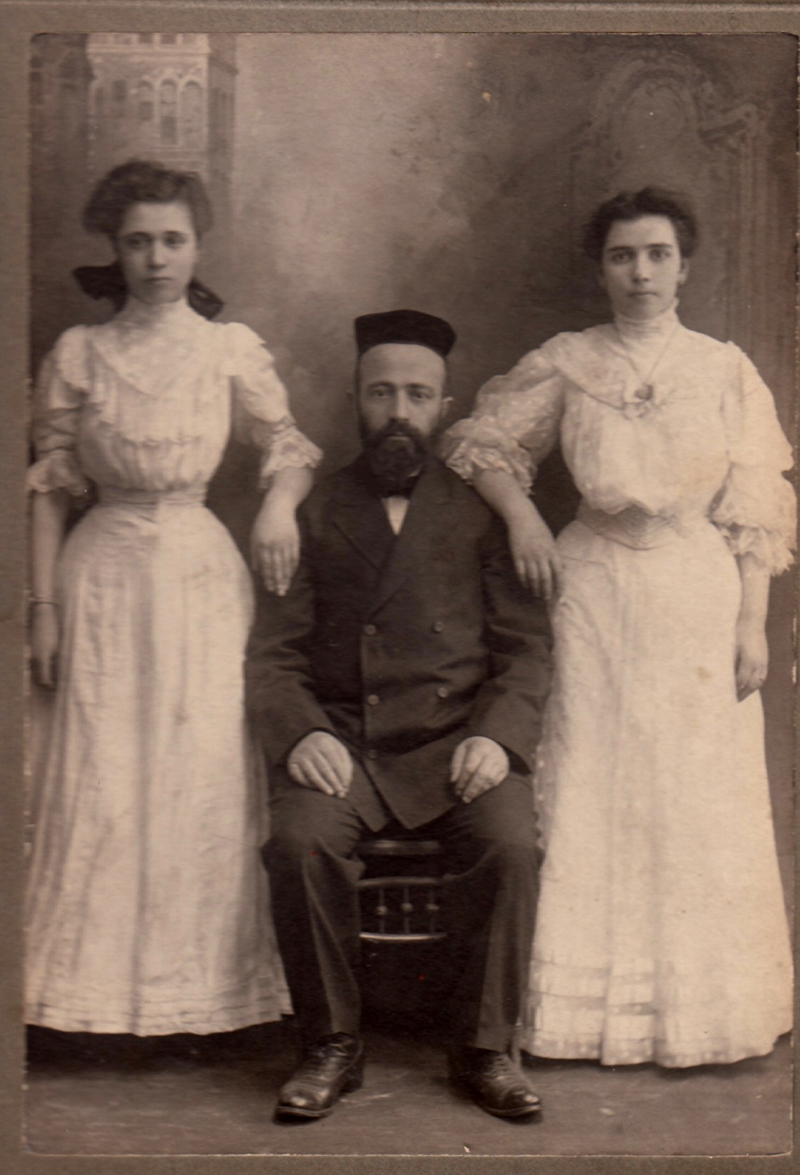
Fearing persistent anti-Semitism, my great-grandfather ordered my 14 year old grandmother (my mother’s mom on the right), to emigrate to New York from Galicia in Austro-Hungary. I never met my great grandfather (middle) or my aunt (left). They belonged to the Jewish community, and were likely murdered somewhere between Lodz and Auschwitz. My grandmother, who settled into a comfortable life with family members already in Brooklyn, never saw them again after this photo was taken.
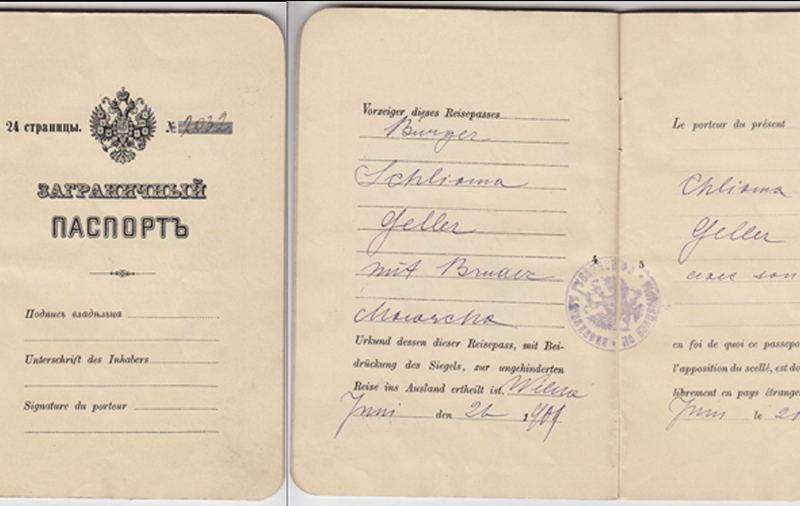
On my father’s side, my grandfather and grandmother came to New York from Vilnus, Lithuania, in 1909. This was grandfather’s passport. His name was Isidor Geller, pronounced Heller with a guttural-back-of-the-throat CH. These grandparents found new belonging in New York. They lived on the Lower East Side, then moved to the Bronx, where Irish and Italian neighborhoods abutted Jewish ones. With, who, and where one belonged depended on religion and ethnicity.
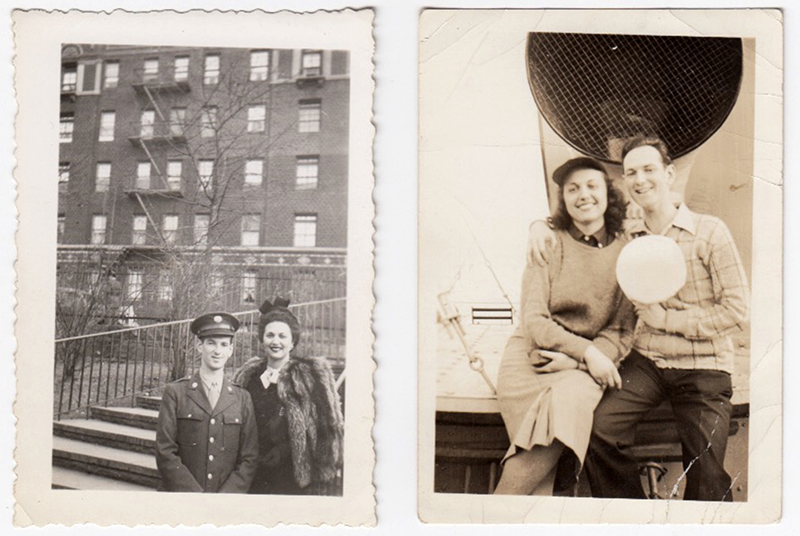
Shortly after arriving, both sets of grandparents gave birth to their children — including my parents, both first generation Americans, who were married in 1941 and nine years later had ME! their only child.
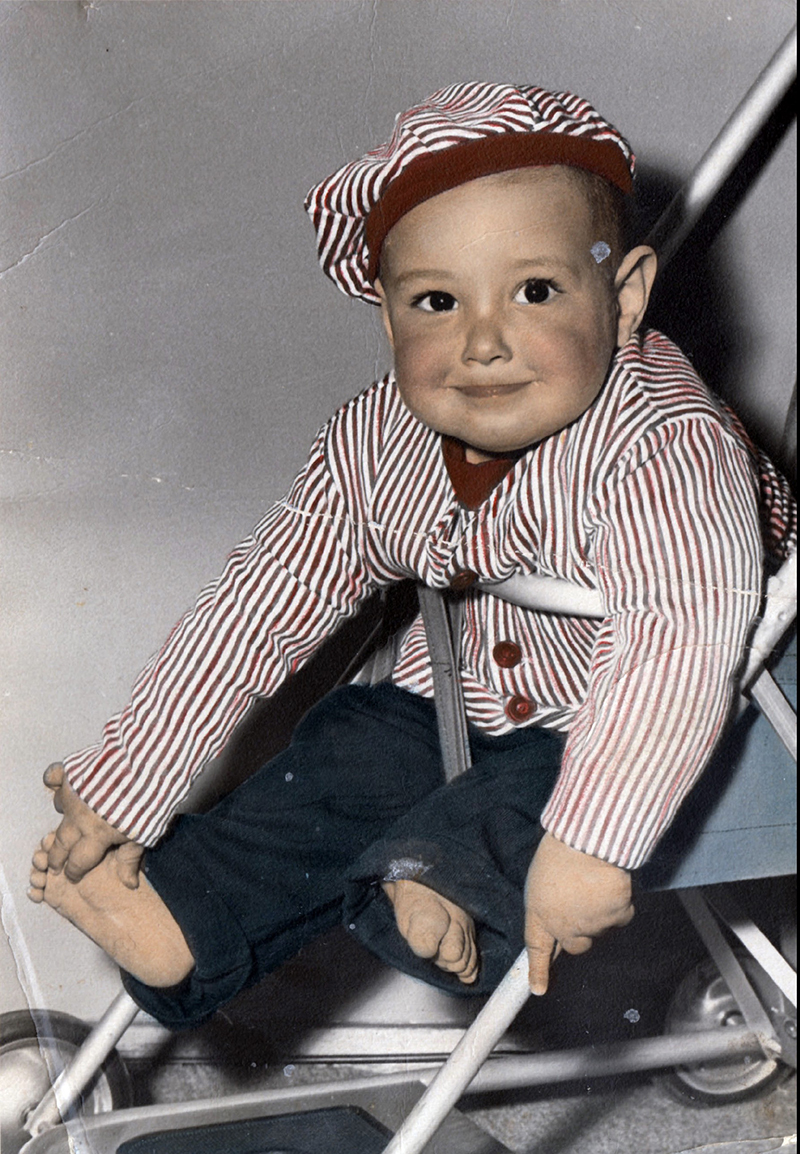
As long as I was in their care, I belonged to them. That was the natural order and the law. I grew up in Manhattan among a mix of ethnicities and religions. We belonged together but were also distinguished (and at times kept apart) by our individual differences.
As a teenager I desperately wanted to belong to something. I experimented with different kinds of belonging.

Belonging demanded conforming to certain social and cultural norms and the postwar propaganda promoting the American Dream had a strong magnetic pull. I was indeed pulled . . .
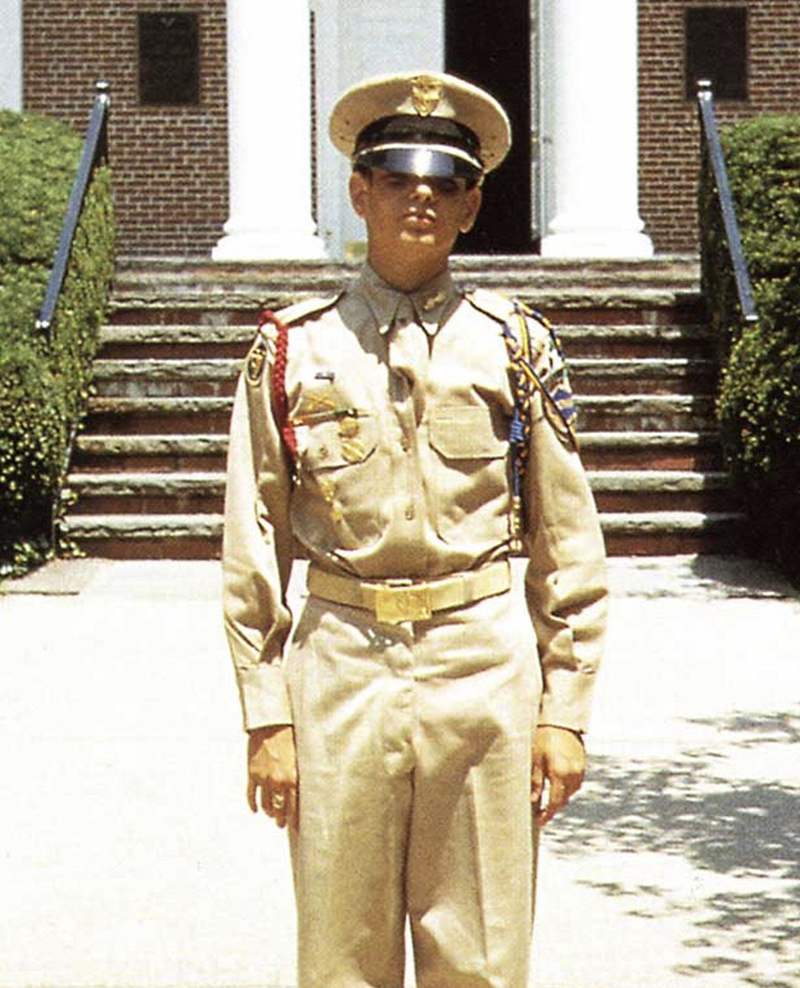
. . . into the orbit of a Military Academy where belonging to the corps of cadets was drilled into me every day.
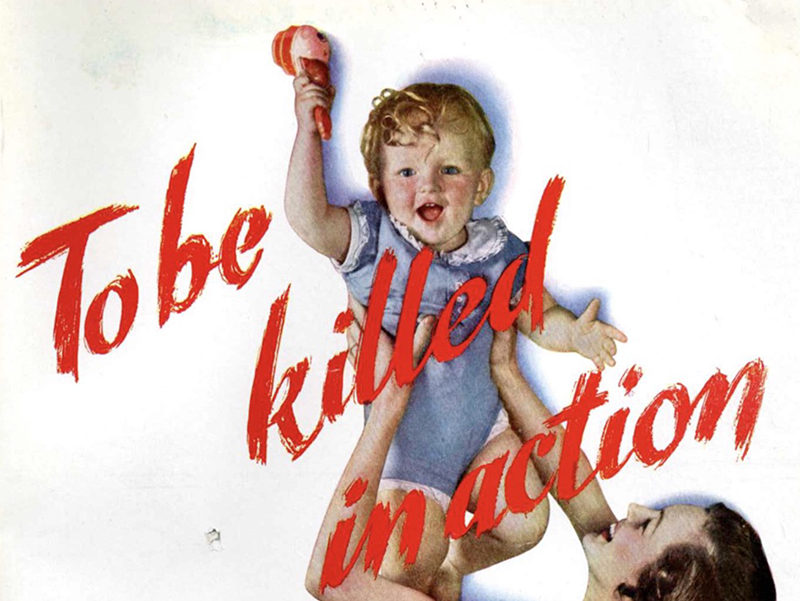
I bought into it until the day I learned that belonging came with a high price tag. The same America that allowed my grandparents to become bone fide citizens, and enabled my parents to enter the new middle class, was heading into a costly war. That’s when I decided I wanted to belong to something else. In fact, something very alien to mainstream culture . . .

My grandparents belonged to the grateful generation. My parents belonged to the greatest generation. I was a card carrying member of the cynical, skeptical, and distrustful generation. Conditioned by the war, the civil rights movement, and Watergate scandals, I no longer accepted the status quo. As a teen I questioned the implications of belonging.
Belonging means being part of something larger than oneself: faith, duty, service. But the words belonging and belong have different connotations depending on the contexts.
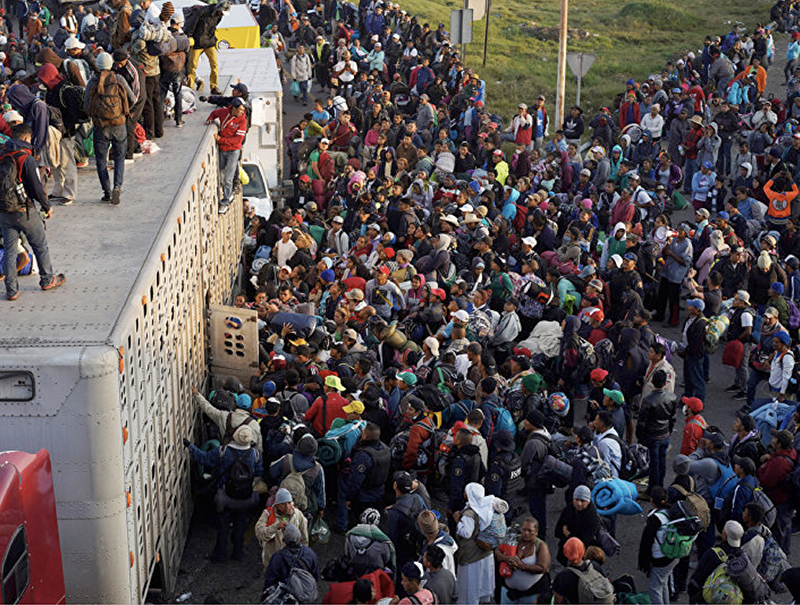
Many who would like to belong, are prevented from belonging.
The opposite of belonging is out-casting.
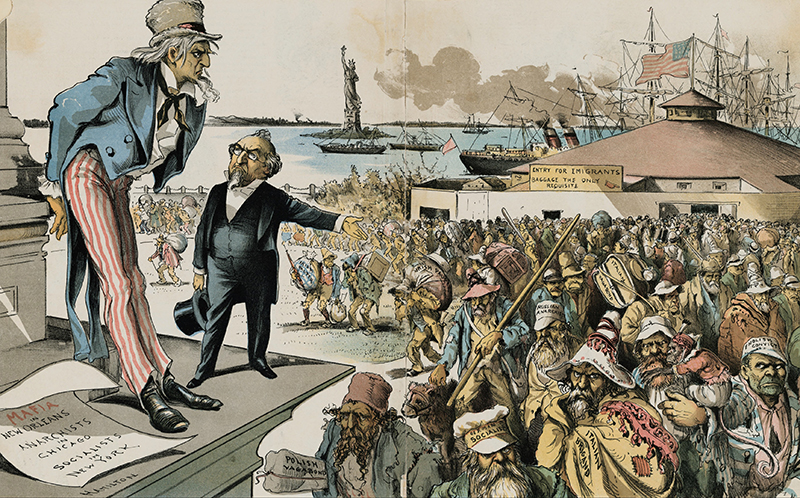
Sadly, this is nothing new. America has long favored restricting immigration and particularly those people, classes and castes who it was believed would tarnish the American brand. Thus negative stereotypes were conceived.
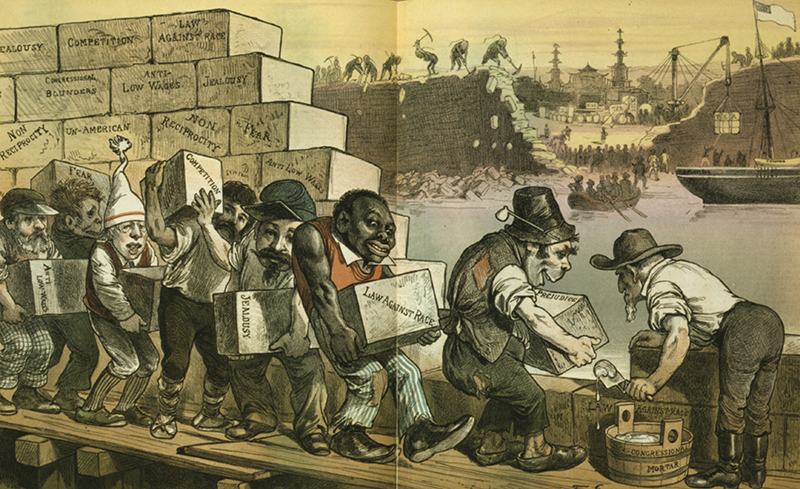
Like the bouncers behind the velvet rope, the U.S. government had arbitrary criteria to determine exclusion and inclusion policy — acceptance into and rejection out of the republic. America in the late 19th century and early twentieth centuries restricted residence and citizenship of many. Take the official Chinese exclusion act that continued for decades.

You know you belong when have a piece of property.
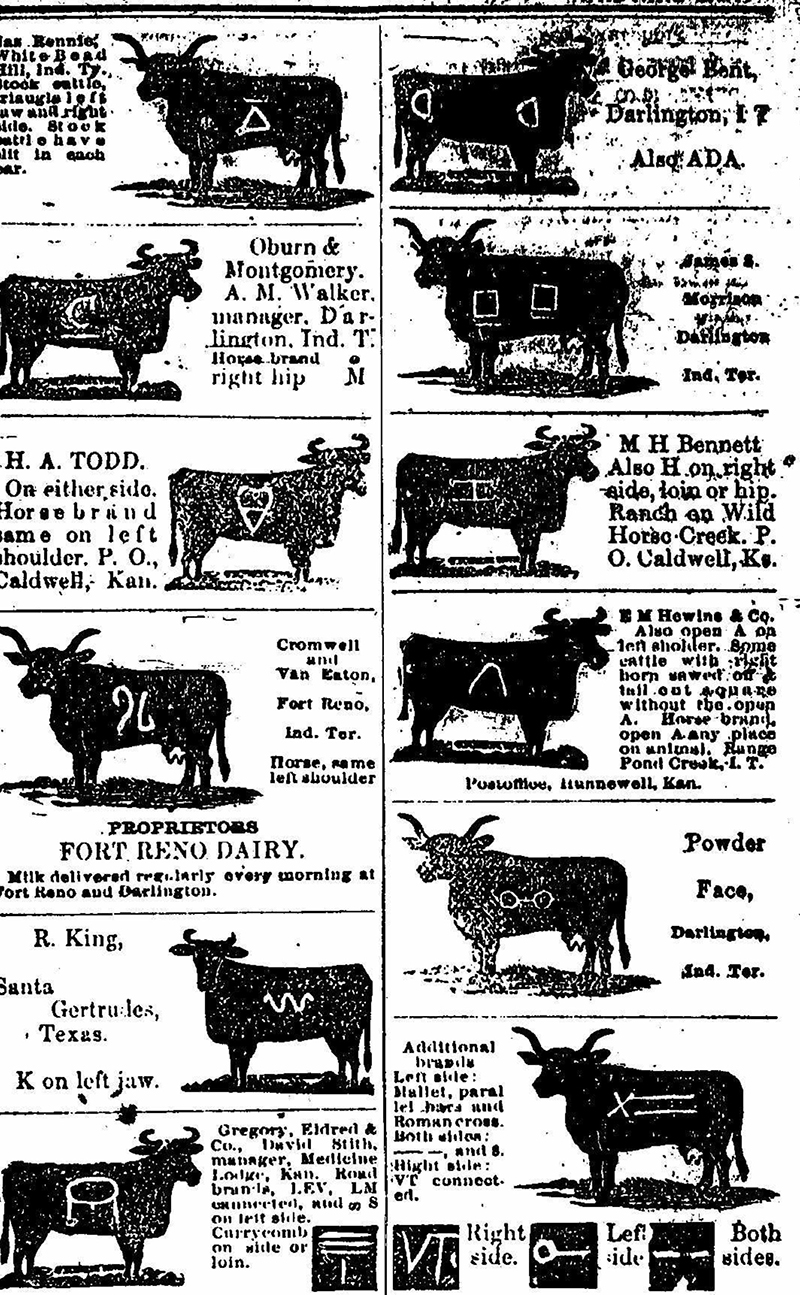
Which brings us to the concept of belonging and branding those belongings. The most famous phrase in the Declaration of Independence, Jefferson’s line “The pursuit of life, liberty, and happiness.” was changed from John Locke’s original phrase “life, liberty, and property.” Property in American life has always been sacrosanct. Did you know that the 19th and early 20th century, cattle rustlers were hanged for stealing livestock? Such was the value of property!
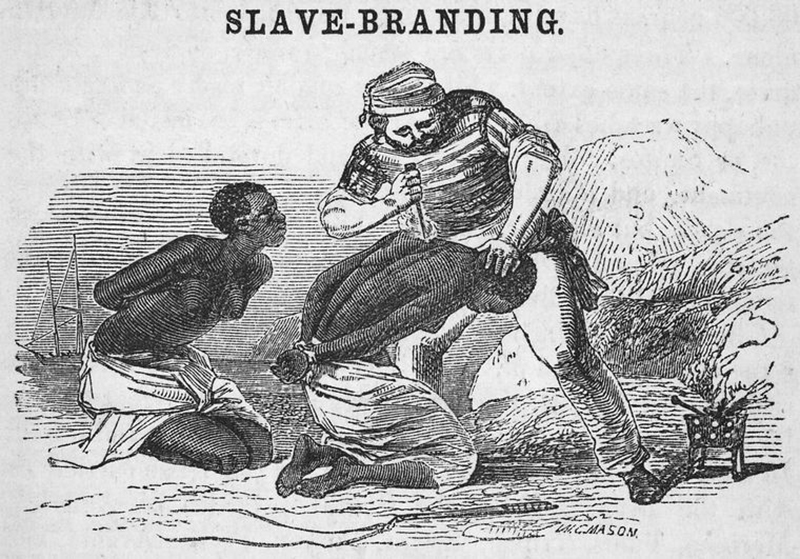
Did you know that slaves were branded like livestock? The actual brand was called a stigma, derived from Christ’s stigmata. Even after the American Civil War and the short-lived Reconstruction, although these human beings were legally emancipated, they continued belonging to a master and a system that perpetuated their poverty and servitude.
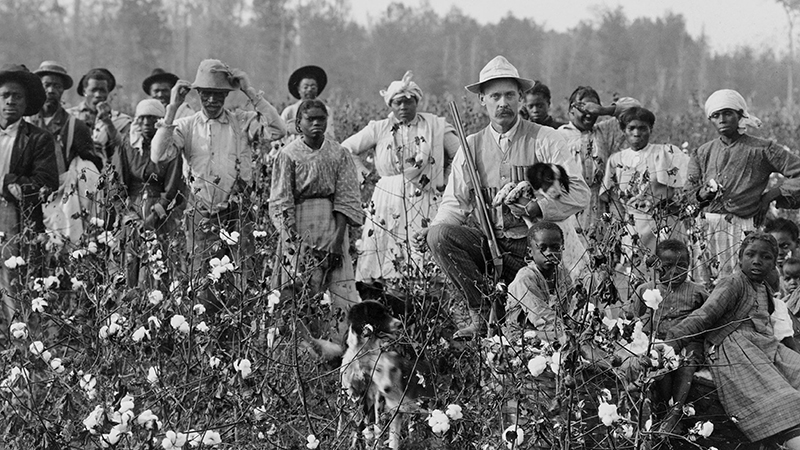
Belonging meant exclusion on the most fundamental level.
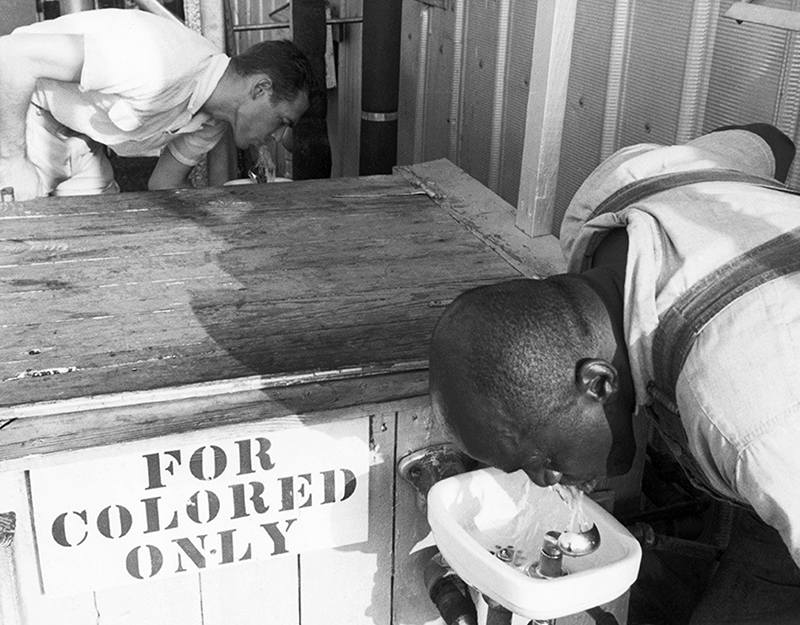
Belonging to the civil rights movement was an heroic act. But demands for equal justice have long attracted those who have fought bravely to belong with pride and dignity.
Belonging is an ingrained human need, it is, therefore, logical that the advertising, marketing and branding industries use belonging as a trope for selling and identifying commercial goods.
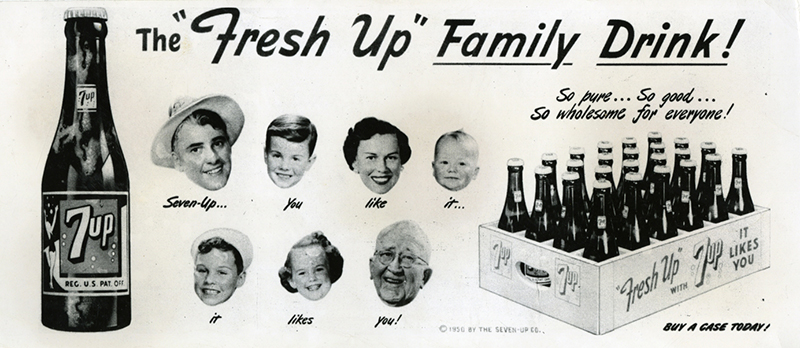
7Up, among many other products exploited the idea of belonging as a member of the pure, wholesome family to underscore its product values. “Fresh up with 7Up” “It likes you!”
In the postwar 1950s housewives comprised and belonged to the principle market for household goods.
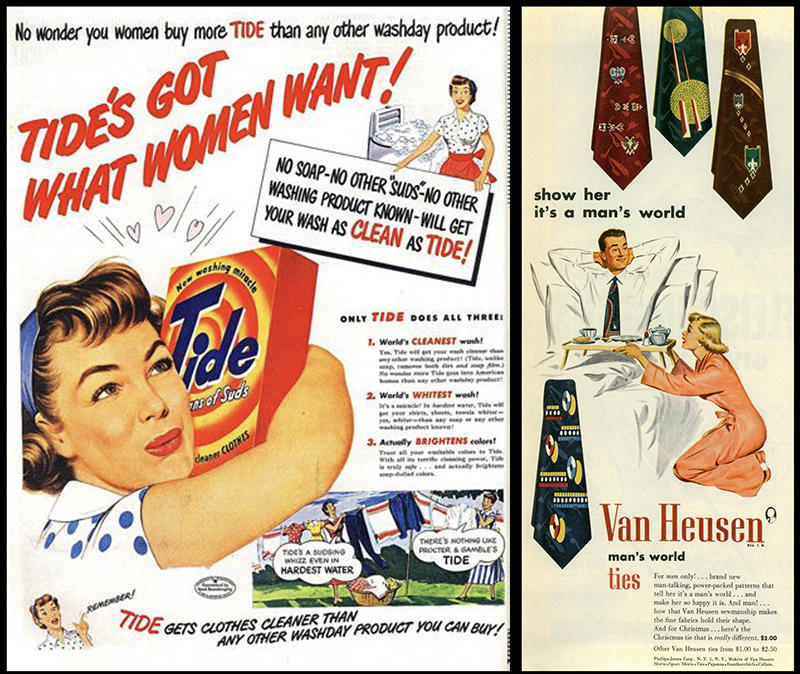
Belonging to Tide was not just about using a “washing miracle” it was being part of a caste that not only served the household but serviced the “man’s world.” This was identity advertising.
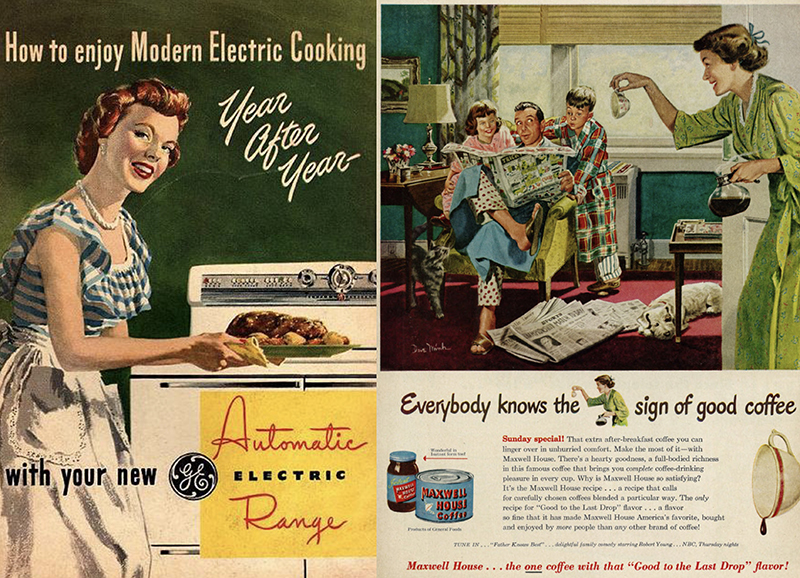
Advertising reinforced what it meant to belong to the middle class: Owning the right appliances, drinking the right coffee, raising the perfect family.
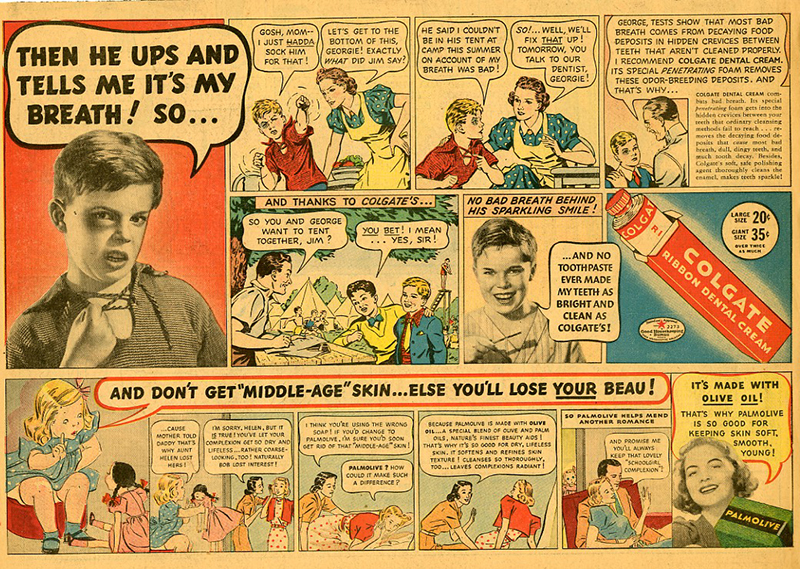
Of course, belonging required buying the right products. For instance, “disgusted by Georgie’s bad breath,” Jim refused to let him share his camp tent. Until, that is, his dental psychotherapist recommended he shape up and use Colgate. Belonging was the result.
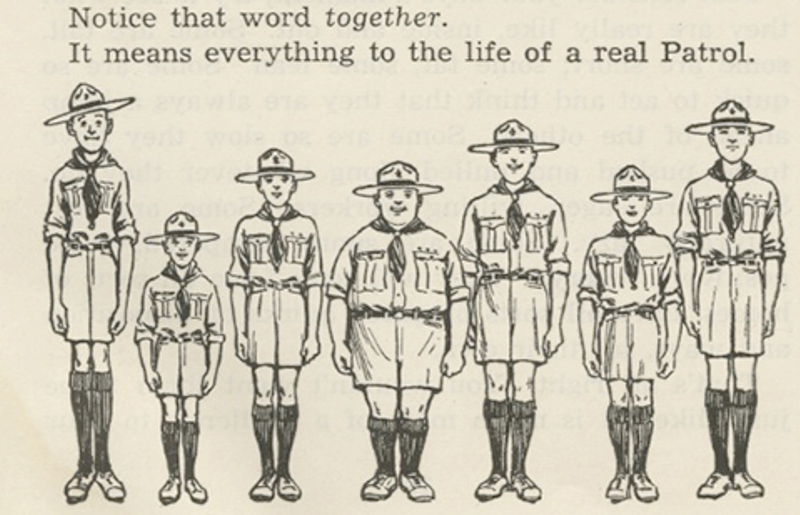
Another synonym for belonging: Together or togetherness.
Belonging means that diverse individuals join together with a common goal. The Boy Scouts was a not overly rigid social network. But like all such networks it had rituals, secret, and sacred oaths and initiations . . .
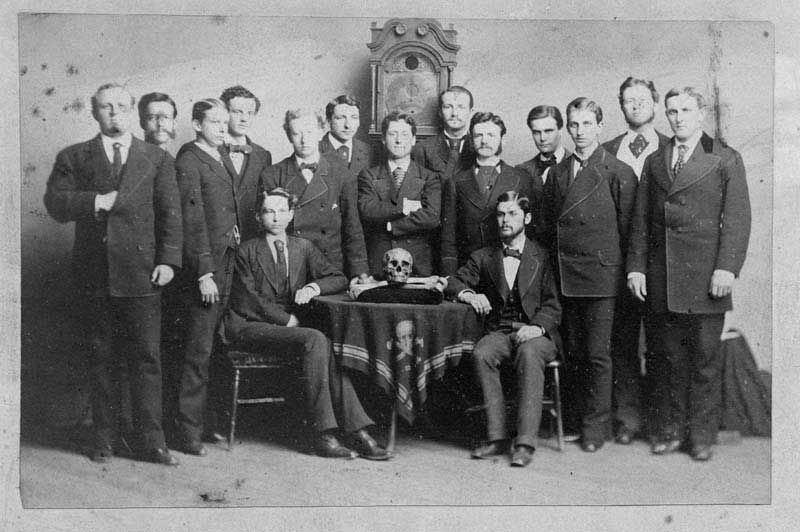
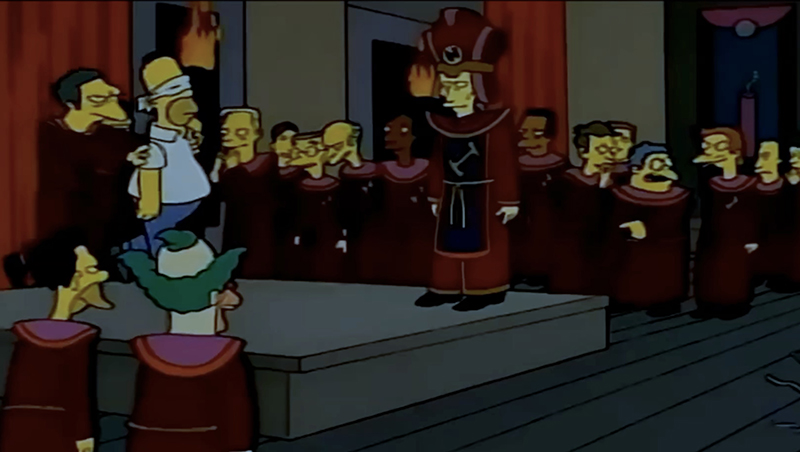
Belonging means that likeminded individuals wear distinctive branded garments. And engage in convoluted initiation rites. These days, internet chat rooms and social media platforms have promoted the increase in the numbers of those belonging to esoteric groups.This kind of belonging can be benignly comical or purposely diabolical. Often it is hard to tell which.
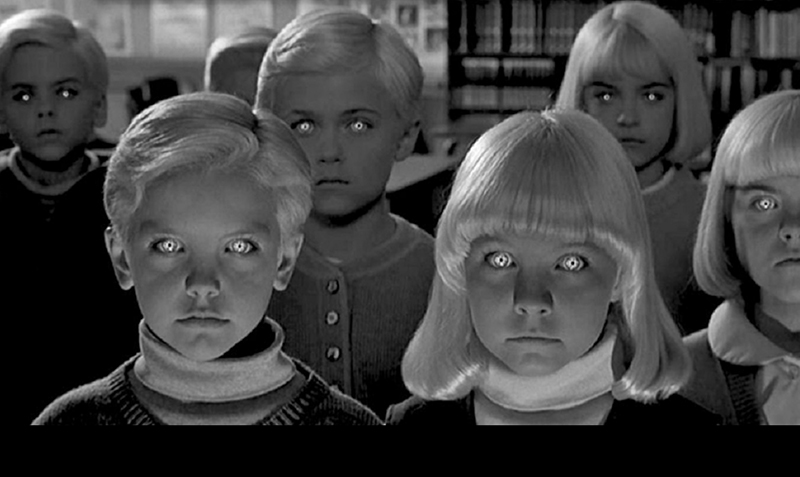
Many online communities are harmless enough. Some are on the fringe. Some are trolls intent on disrupting the status quo. Danger rises when belonging leads to uniformity, conformity, ideology, idolatry, and blind adherence to authority. Belonging is seductive. And it doesn’t take much to trigger latent prejudices or dormant biases.
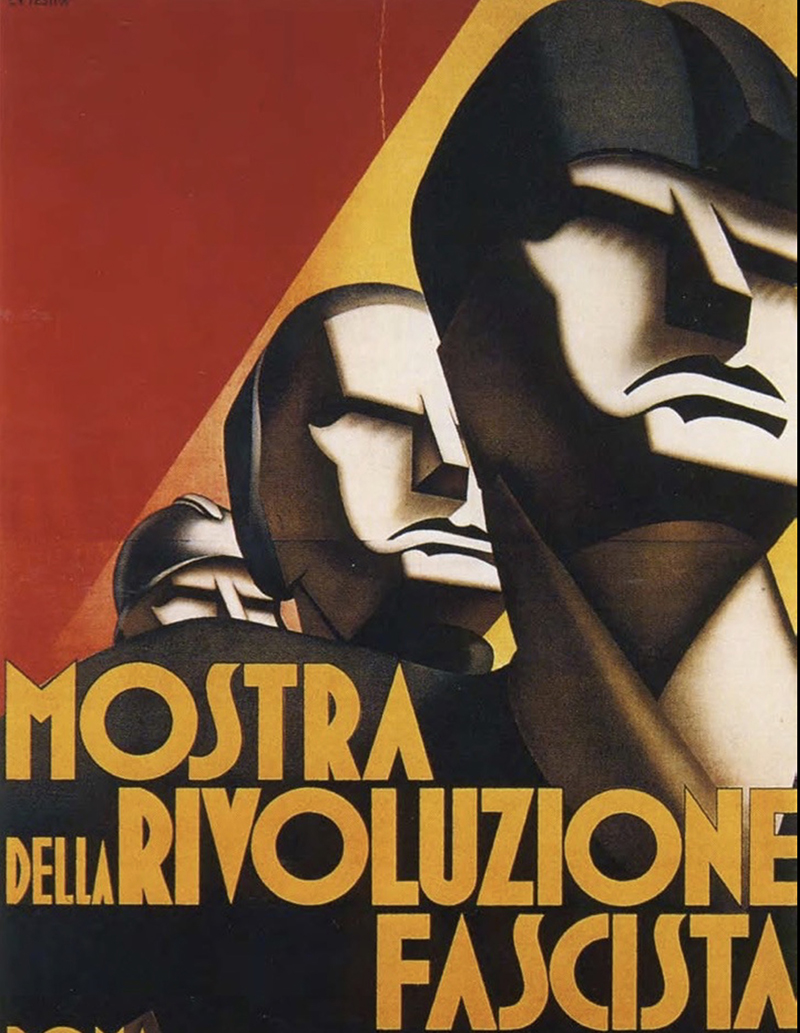
Uniformity is a physical manifestation of belonging. Take, the Italian Fascisti. They were paramilitary squads — disruptors by any other name — identifiable by a single piece of apparel. The wearers, known as the “Black Shirts,” exerted a significant stylistic influence on politics and fashion of the times.
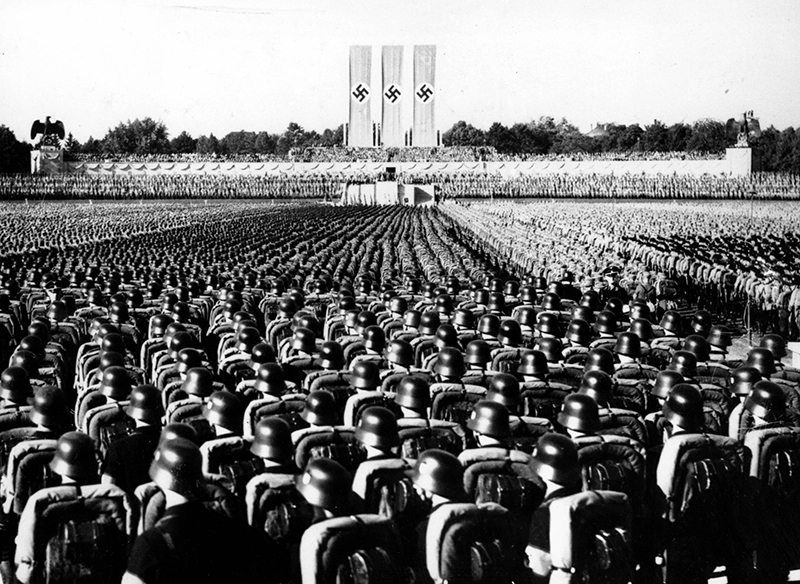
Then, of course, there were the Nazis; at first a minority fringe party that evolved into an entire nation belonging to the will of one ideological strongman.
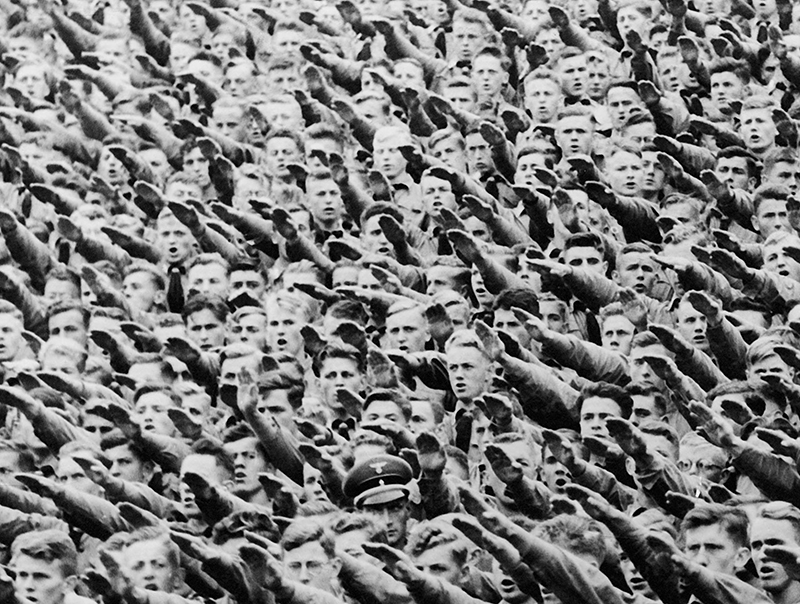
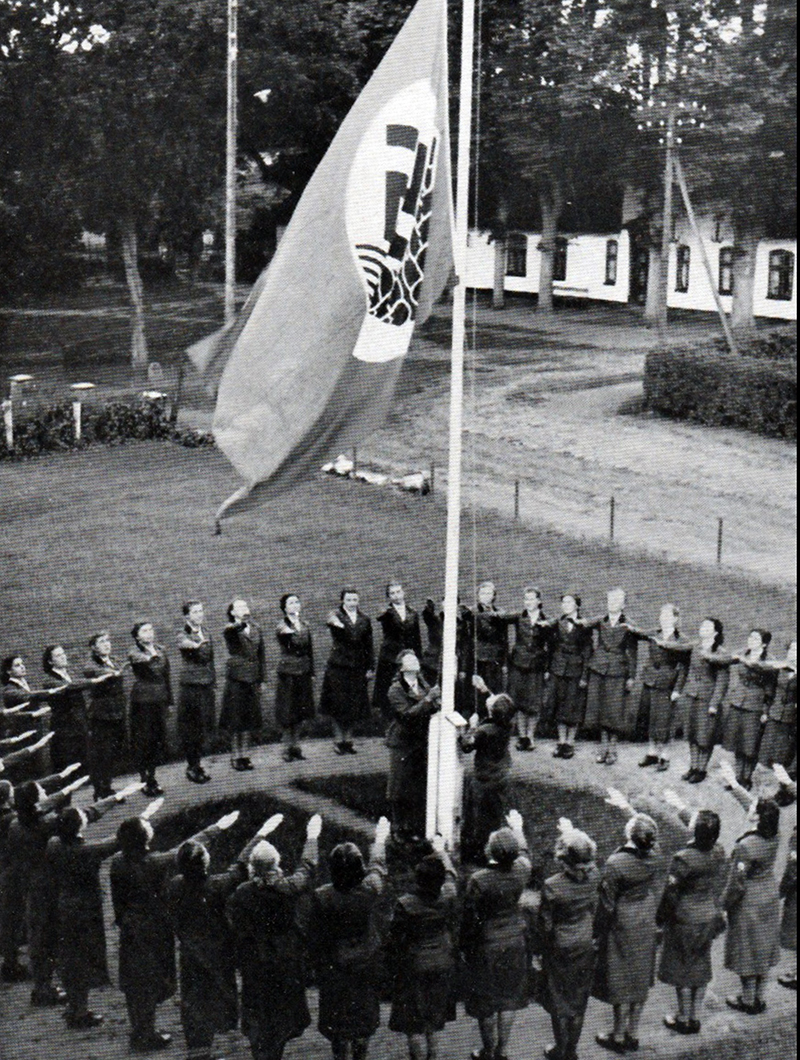
In fact, for Nazis, belonging was law. Boys had to belong to a Hitler Youth movement that dictated their thoughts and behavior from toddlers to teens. Girls were directed to belong to exclusive organizations that prepared them for state-sanctioned domesticity and fecund motherhood.
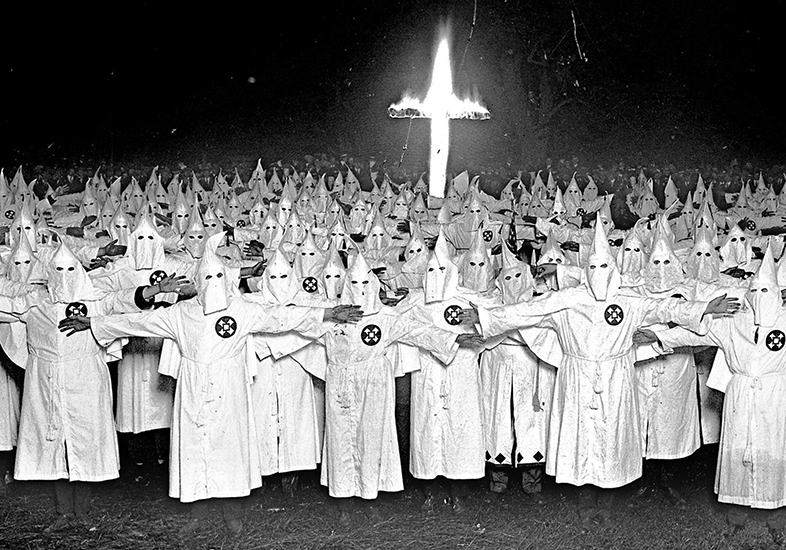
The Ku Klux Klan remerged in large numbers in the 1920s, along with over a dozen other such toxic branded not-so-secret societies. Many still exist today.
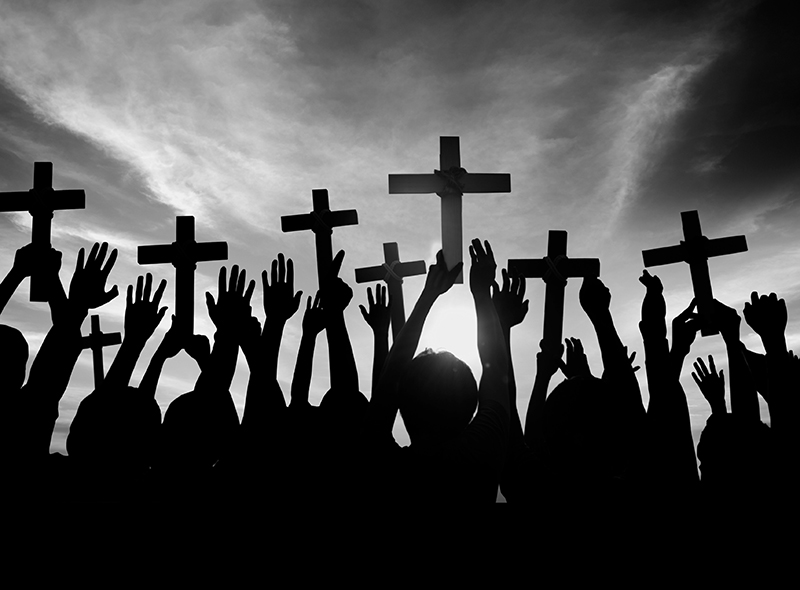
Belonging is not a priori rooted in bias and hostility to others. But there is a tendency for true believers to weaponize their belonging . . .
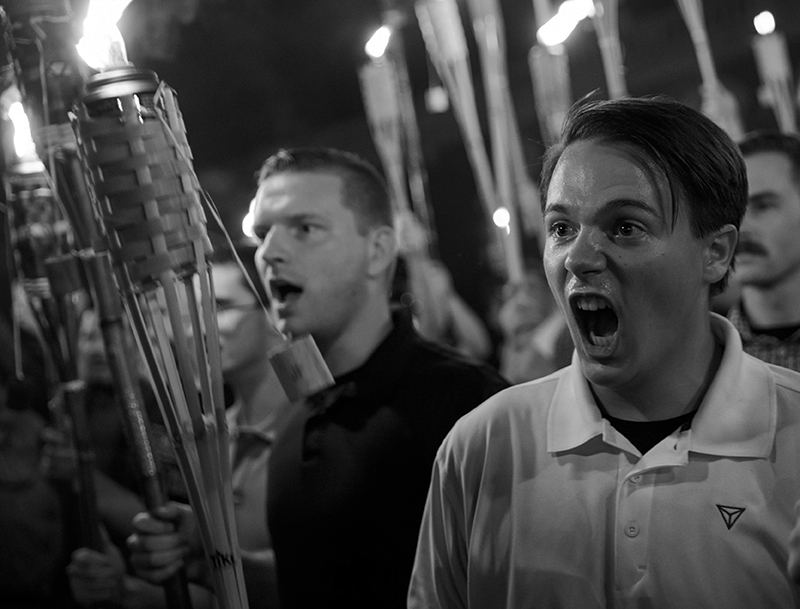
We saw this weaponization in 2017 at the “March for the Right” demonstration in Charlottesville; the same toxicity arises today in Germany.

And belonging to paramilitary ultra-right groups like these have emerged in Ukraine and other Eastern European nations.
These are now branded armed organizations that espouse white supremacist nationalism and belong to its paramilitary.
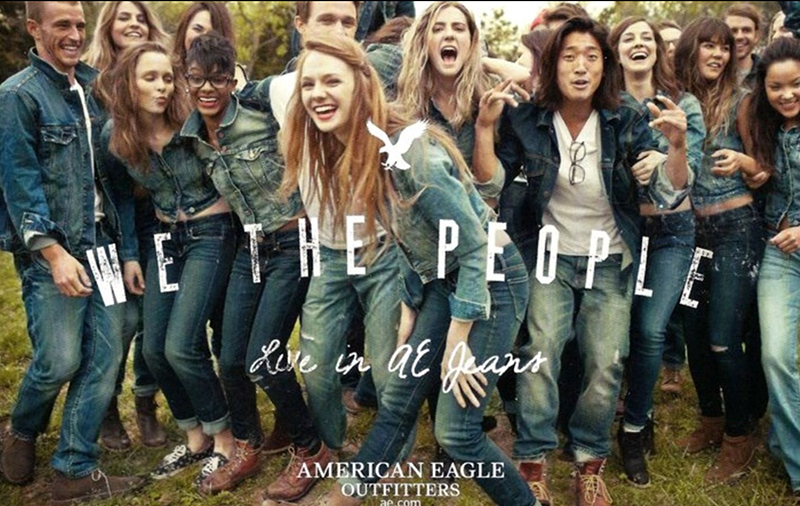
Belonging for me comes down to three forms. The human need to be emotionally or intellectually part of something, like a fashion or trend. As represented in this ad for American Eagle denims.

There is personal responsibility represented by belonging to a group, action or movement that works towards a common good. Like the 2017 Women’s March. And then there’s embracing the real ideal that we all belong to the same world regardless of our differences. When I think of belonging, I can’t get these words out of my mind, and wonder, is this as good as it gets?
I'd like to buy the world a home
And furnish it with love
Grow apple trees and honey bees
And snow white turtle doves
I'd like to teach the world to sing
In perfect harmony
I'd like to buy the world a Coke
And keep it company
That's the real thing

